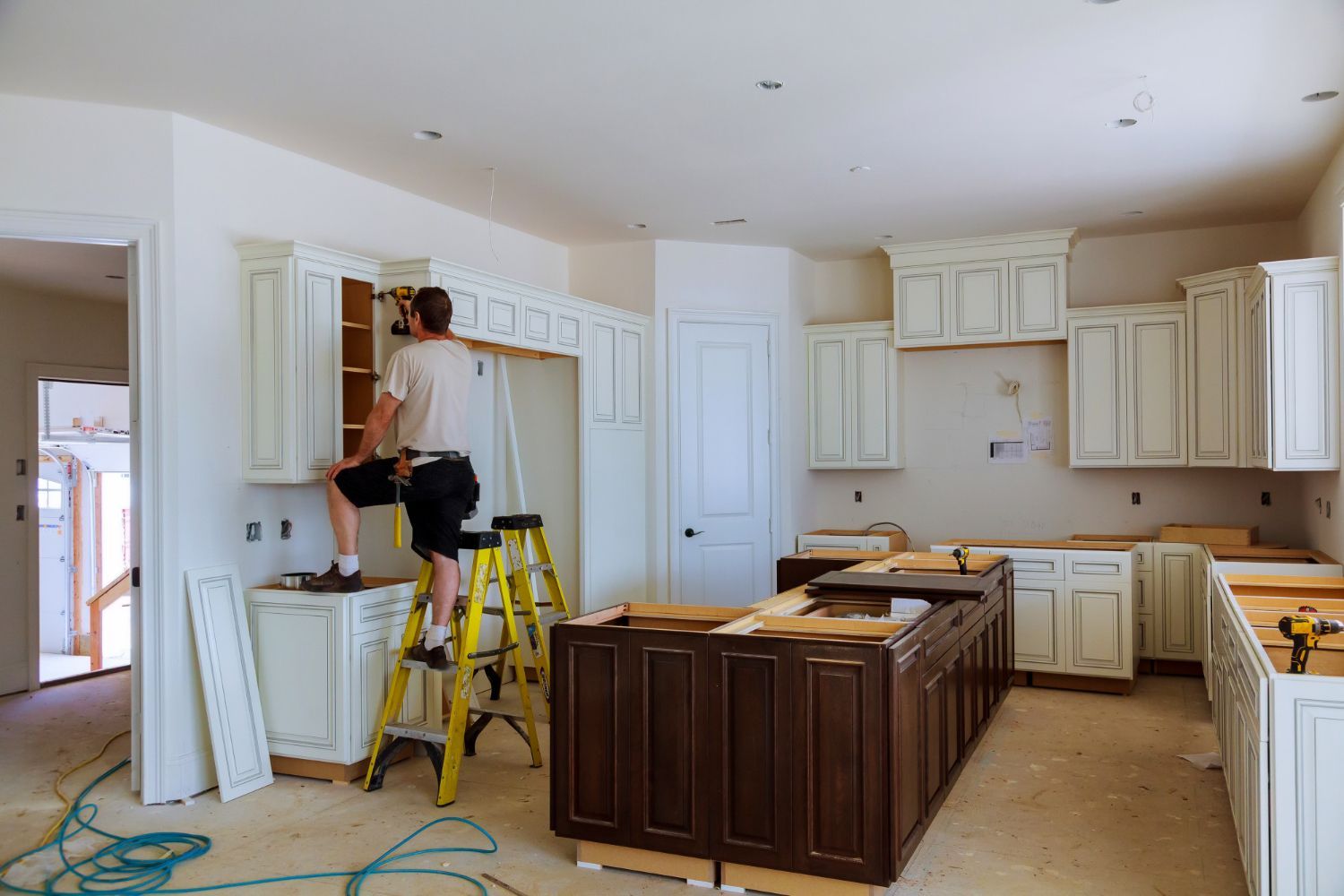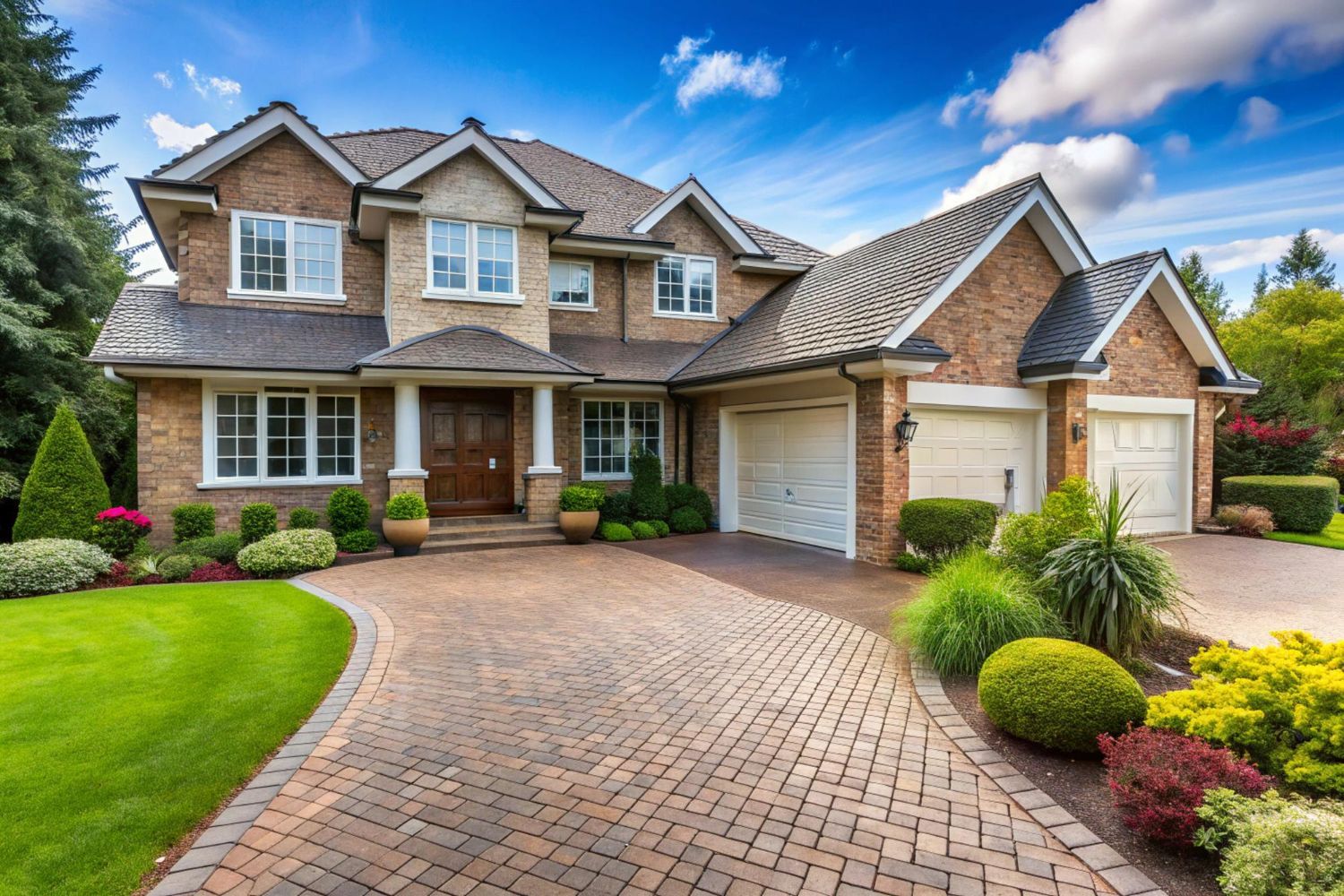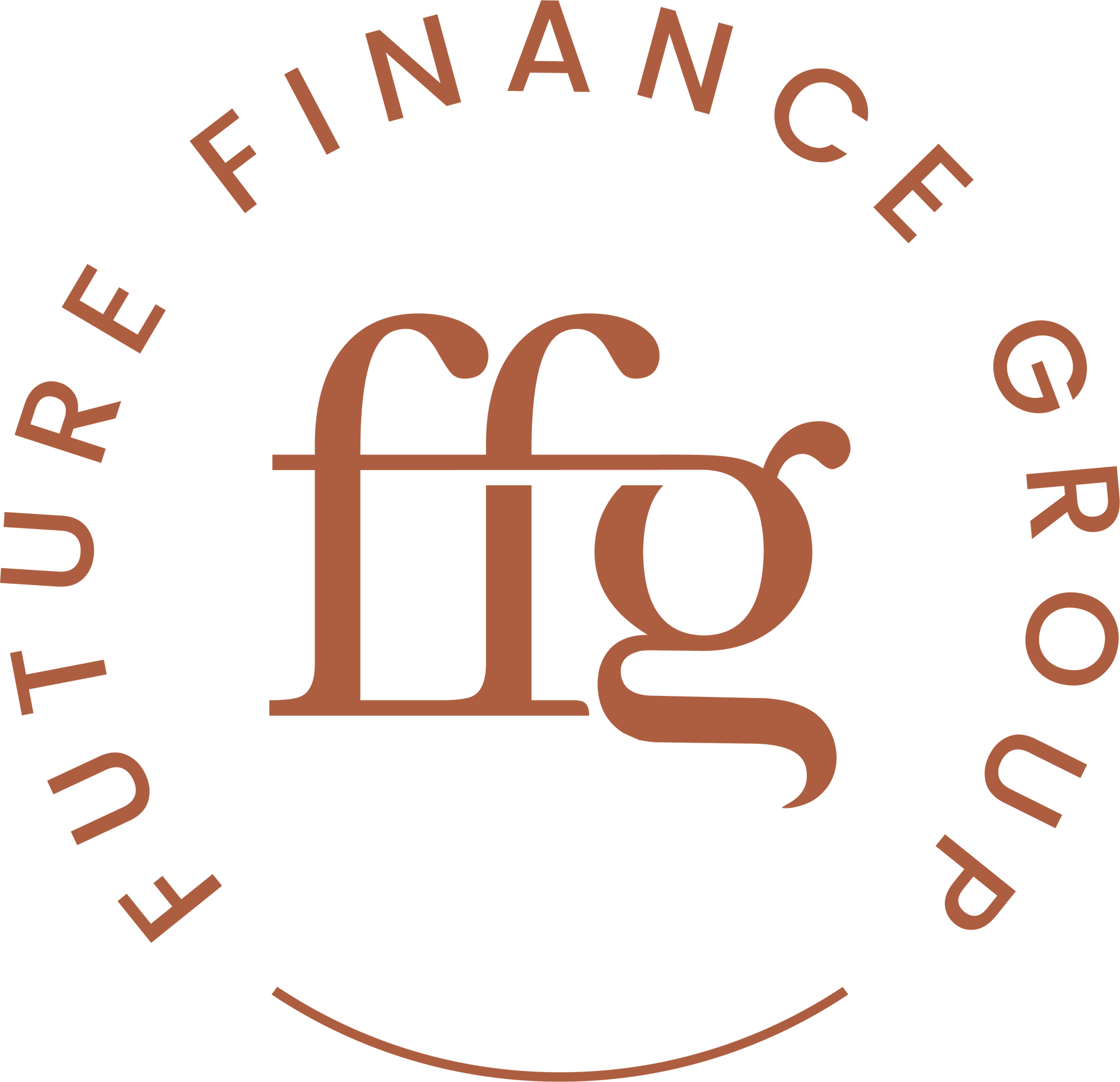PROPERTIES FOR PRIVATE SALE OR AUCTION, WHAT YOU NEED TO KNOW AS A BUYER!
When you are glued to relaestate.com looking for a property for sale and attending multiple house inspections, it’s good to know what you can expect from a property being for private sale versus it being up for auction.
It can be daunting, especially as a first home buyer, to step into the ring of property negotiations. We understand this so we have put together a few tips, and outlined some pros and cons to buying at auction and buying via a private sale to help you feel well equipped with information and be ready to make that dream property yours!
WHAT IS THE DIFFERENCE BETWEEN PRIVATE SALE AND AUCTION?
An auction is when prospective buyers come to bid on a property on a specified date and time, whereas with a private sale, there is no fixed time frame – the property is on the market until it sells.
PRIVATE SALE – WHAT TO EXPECT
There are quite a few pros to a Private Sale as a buyer. One of the main ones is it’s a less stressful environment, and there is less urgency than at an Auction. You have the freedom to negotiate with the Vendors via a Real Estate Agent without as much pressure on time.
Further pro’s to a private sale include;
- Flexibility in terms, you can incorporate specific terms into your contract to suit your needs. This can include when a deposit should fall due or when settlement should be.
- As a general rule, buyers will get a three day cooling off period from the date they sign the contract, so there is an option to opt out if you need to.
- Private sales allow you to place conditions in the contract for your benefit, such as ‘subject to finance’ or ‘pest and building’ clauses.
There is a couple of con’s when it comes to private sales. There may not be immediate certainty that the property is yours until it goes unconditional. Also, you may be unaware of how much competition you have when making your offer, as you are just dealing directly with the Real Estate Agent.
AUCTION – THE PRO’S AND CON’S OF BUYING AT AUCTION
One of the pro’s to buying at auction is that you have certainty. When that hammer falls, it’s all yours! Not only that, but you know exactly who your competition is and how much interest there is at the Auction.
There are a few con’s or things to be aware of when bidding at an Auction;
Sense of urgency has to be the main one, it’s easy to get swept up in the emotion of an Auction, it can be an intense atmosphere.
The direct competition and pressure of the situation can make you go a bit further out of budget than you like, so be aware of this before you go into the situation and know how much you have to spend and when to let it go.
Further points to consider;
- It is an unconditional purchase which means there is no cooling off period or conditions for your protection.
- You will need a deposit on Auction day. Usually, Vendors will require a 10% deposit to be payable on the Auction date. This amount will, of course, vary according to the sale price.
- Unknown Reserve, a ‘reserve’ refers to the lowest price the vendor is willing to sell for. It isn’t easy to know where the goal posts sit at an Auction.
The key here is not to get caught up in the environment of an Auction, to know what you can spend and have a plan to keep calm under pressure.
“Home sweet home. This is the place to find happiness. If one doesn’t find it here, one doesn’t find it anywhere.”
M.K. Soni
In summary, whether buying via private sale or auction, do your research, know your budget and what you really can afford, stay calm and have a plan! We wish you the best of luck and remember we are just a phone call away.
Click here to see the latest auction results Melbourne and if you need some tips on saving for a house deposit to buy that dream home, be sure to check out one of earlier blogs, How To Grow Your House Deposit.
The post
Properties for Private Sale or Auction, What You Need To Know As A Buyer! appeared first on
Future Finance Group .



